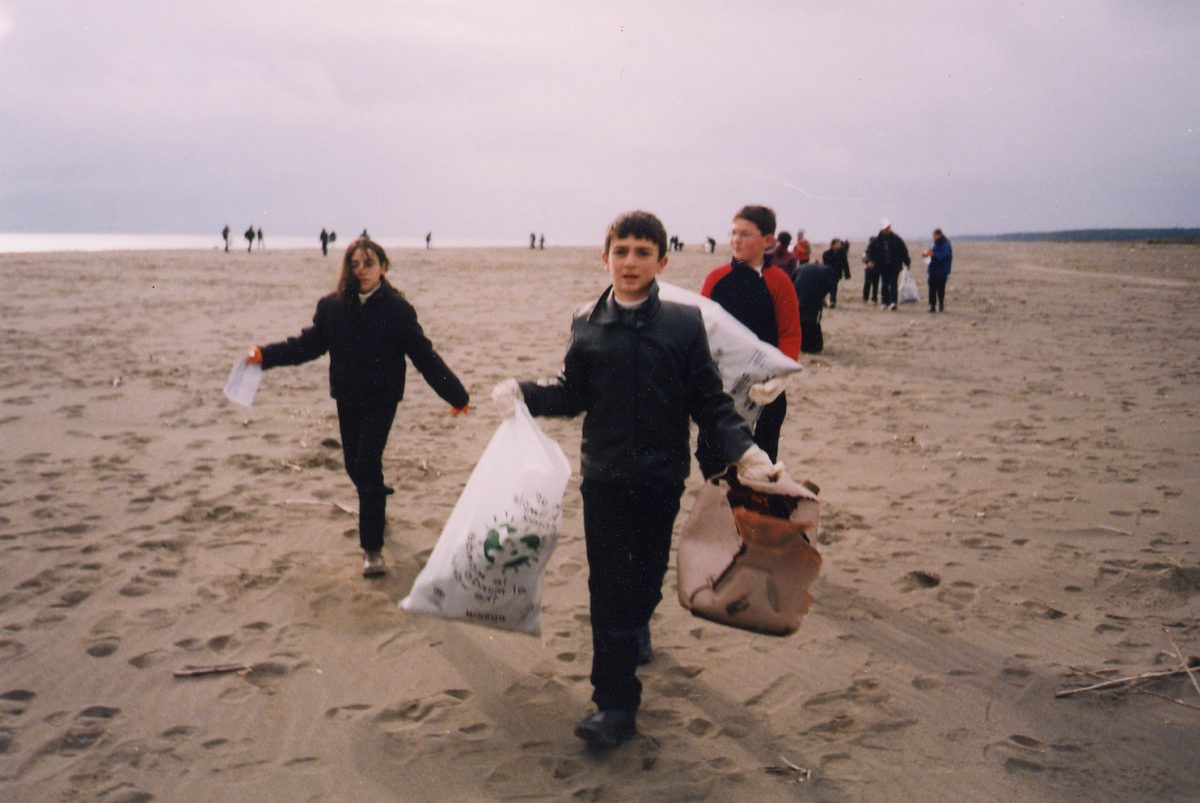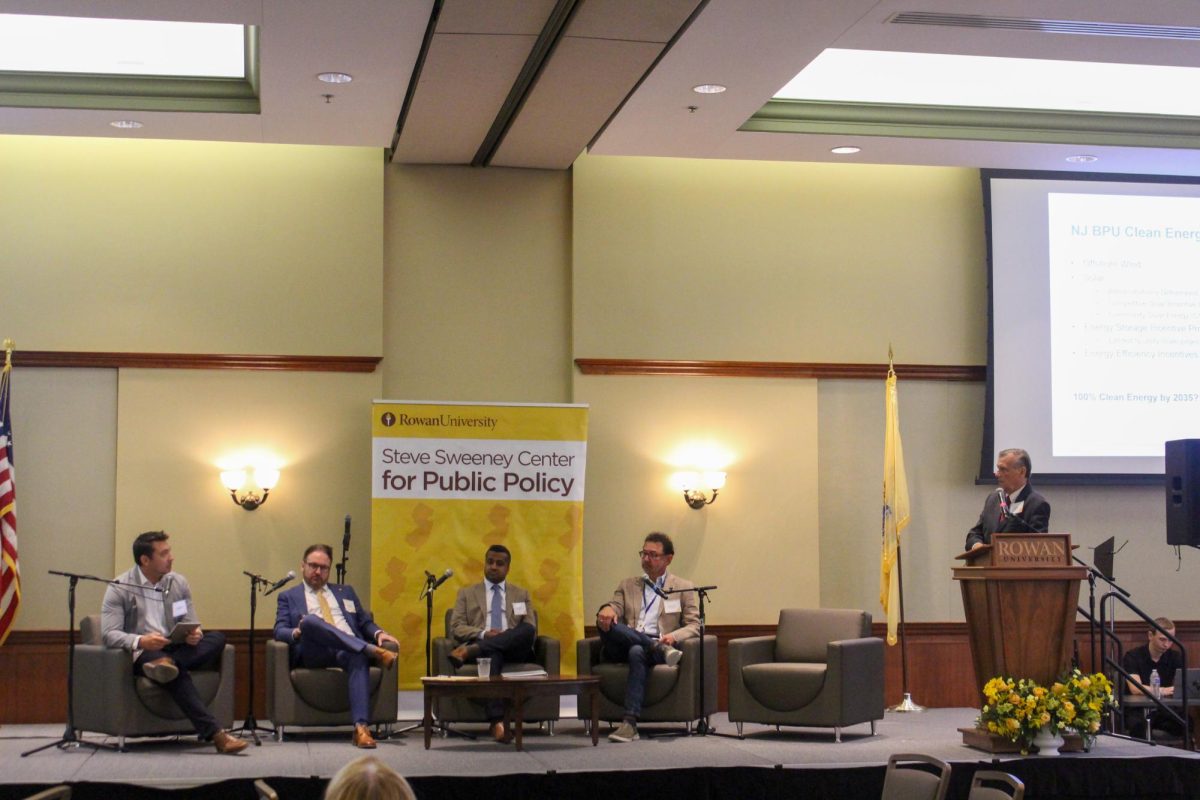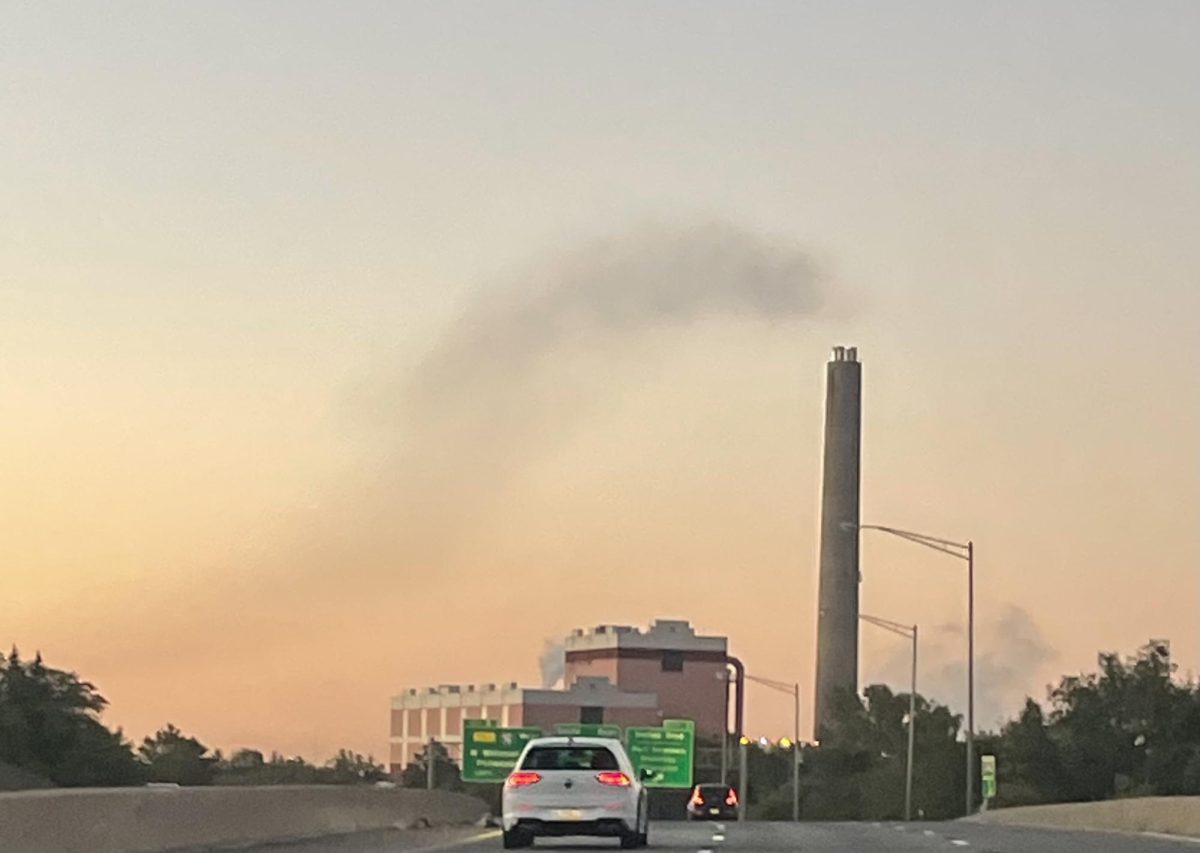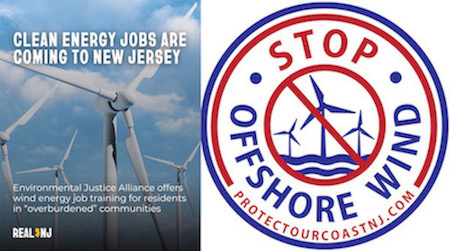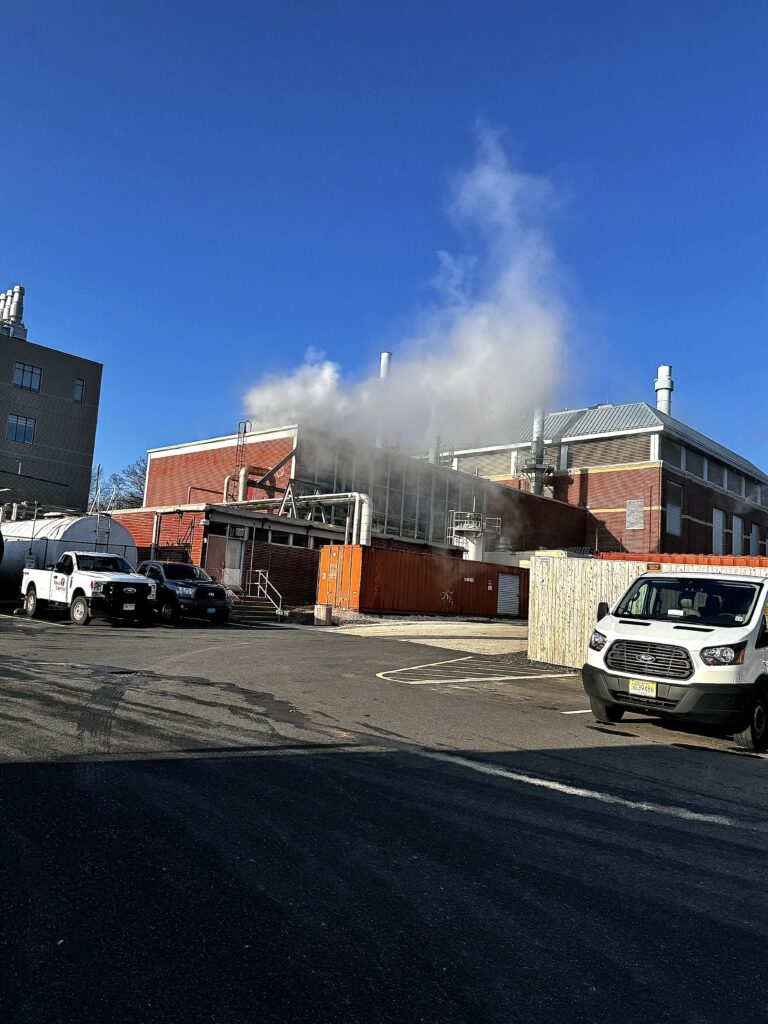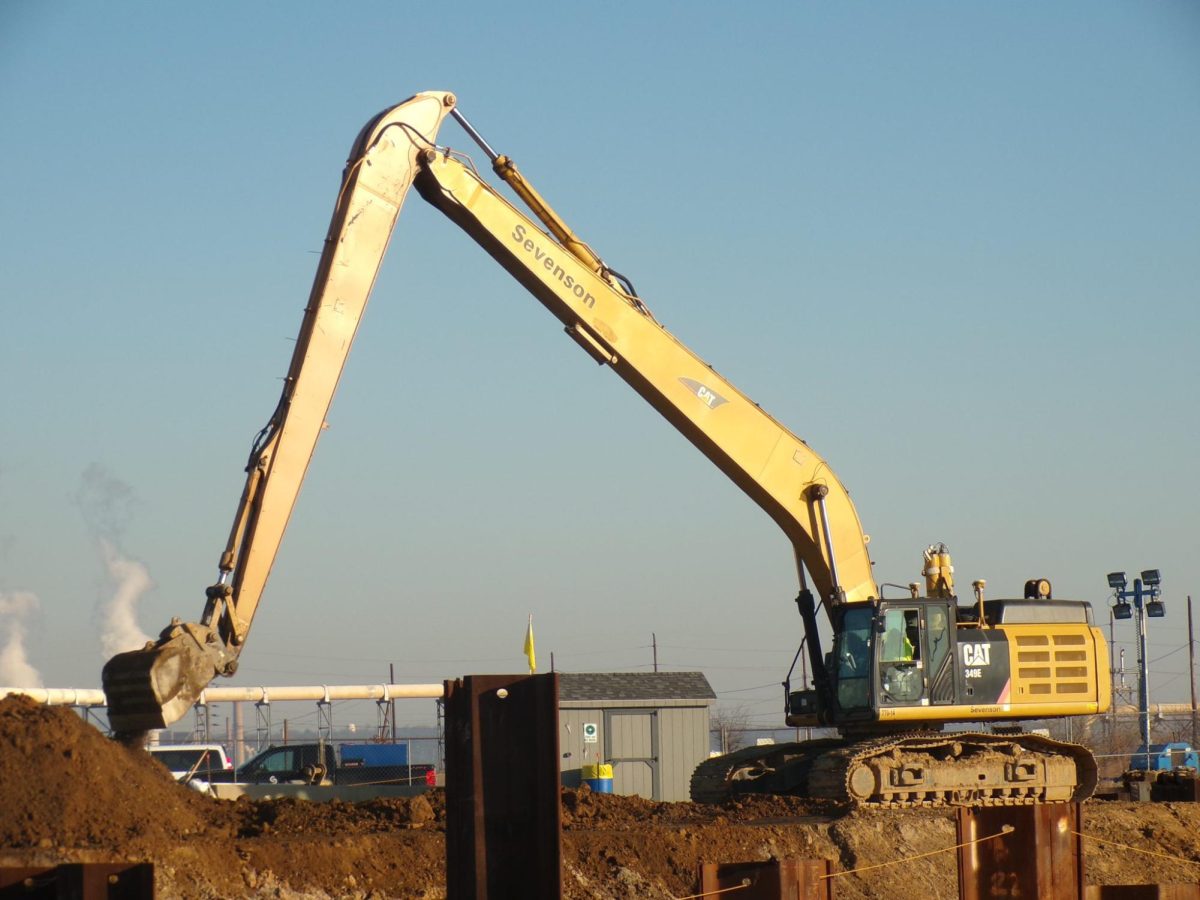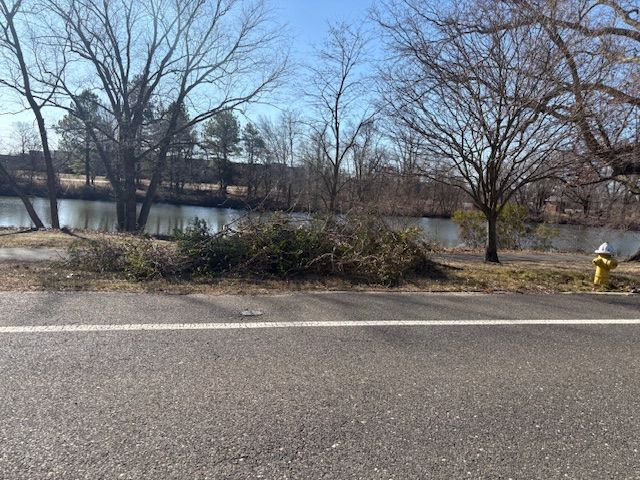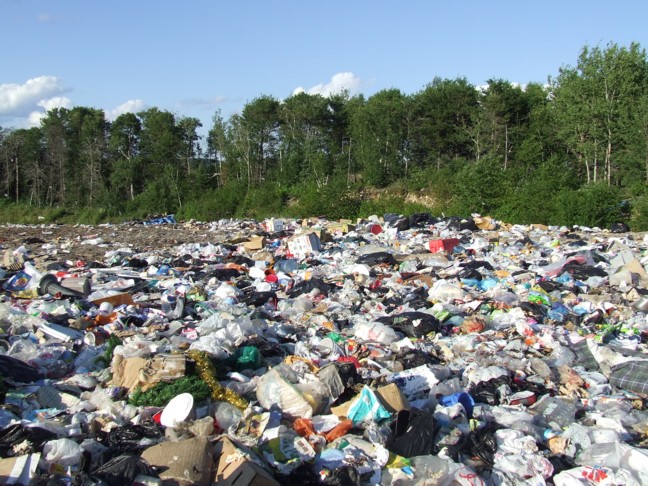By Jennifer Andalora
New Jersey’s government officials have been actively fighting against climate change. With an Energy Master Plan, the New Jersey Protecting Against Climate Threats act, and much more, the state is striving to create a better environment for residents to live in. So, what exactly can New Jersey residents start doing to prevent climate change as well?
The state of New Jersey has multiple resources for residents to take part in making a change in the environment beyond just recycling in their homes. Adopt a Beach, Clean Water Raingers, and the NJ Solar Business and Buildings Tour are just a few of the many volunteer programs New Jersey has to offer to encourage residents to help take care of the environment they live in.
The Adopt a Beach program is a volunteer opportunity that invites groups, businesses, organizations, and even individuals to adopt a small section of a beach or waterfront area. The volunteers are responsible for keeping their section free of litter and debris. This can be done by organizing cleanups at least two times a year.
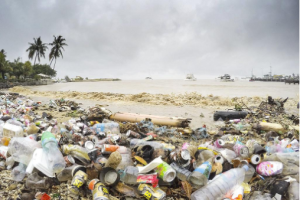
The Clean Water Raingers program is a program designed for the younger generation for teachers to implement in their agendas. Teachers with students in grades one through six are given free resources to not only teach about but also involve students in water related concepts such as watersheds, water conservation, nonpoint source pollution, and aquatic habits. Students will learn about skills, behaviors, and actions they can take on to help protect New Jersey’s water supply and waterways.
The NJ Solar Business and Buildings Tour is an annual event and features businesses and organizations who are actively involved in providing renewable energy. The free tour consists of ten or more New Jersey businesses or buildings who open to the public to teach about solar energy. The public can also visit businesses who build and sell solar powered pumping and heating equipment. Residents can find more volunteer opportunities here.
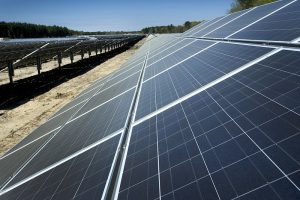
Kristine Robinson, 41, lives with her husband and two children in their Cherry Hill, N.J. home and has hope that further environmental damage causing climate change can be prevented if everyone works together to make a difference.
“We recycle and have as many energy efficient appliances as we can. We also grow a garden in the spring and summer,” Robinson said.
Robinson believes that more changes should be made to help New Jersey residents be more environmentally conscious within their homes, workplaces, and businesses. One of her ideas is to make mail digital to reduce waste and junk mail.
“Make it all digital as most people just throw away the mail and with digital you can actually track to see if someone read it or not,” Robinson said.
The New Jersey Protecting Against Climate Threats Act is a step Gov. Phil Murphy is taking towards reducing climate change. According to the nj.gov, the NJ PACT will continue to help update environmental laws by modernizing air quality and environmental land use regulations, that will allow the state’s governments, business owners, residents to productively respond to current climate change threats and reduce future climate related damages.
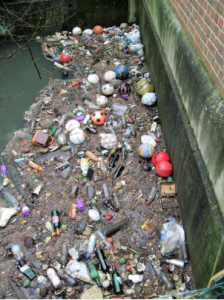
“New Jersey faces an imminent threat from climate change, from rising seas that threaten our coastline to high asthma rates in some of our most vulnerable communities due to fossil fuel pollution,” Murphy said.
In recent months, on Feb. 16, Murphy signed an executive order constructing an office solely for Climate Change and the Green Economy.
“Climate change is a reality we must face,” Murphy said. “Not with fear and apprehension, but with an understanding that a clean energy economy is a once-in-a-generation opportunity for New Jersey.”
Rutgers University’s New Jersey Climate Change Resource Center recently hosted a webinar focused on reducing the climate footprint of New Jersey residents. Kelli Lombardi, NJCEP’s Outreach Coordinator, discussed the environmental impacts of more New Jersey residents working from home, rather than going into the office.
“Forty-two percent of the U.S labor force now works from home,” Lombardi said. “Americans spent $6 billion more on at-home power consumption from just April to July of 2020.”
One way to adjust to working from home while still being environmentally conscious is to switch to solar energy to reduce your environmental footprint. New Jersey residents can start making environmentally friendly changes to their lifestyle as early as today. For more information how you can do your part to help reduce climate change and how New Jersey is taking action, visit https://www.nj.gov/dep/njpact/.

